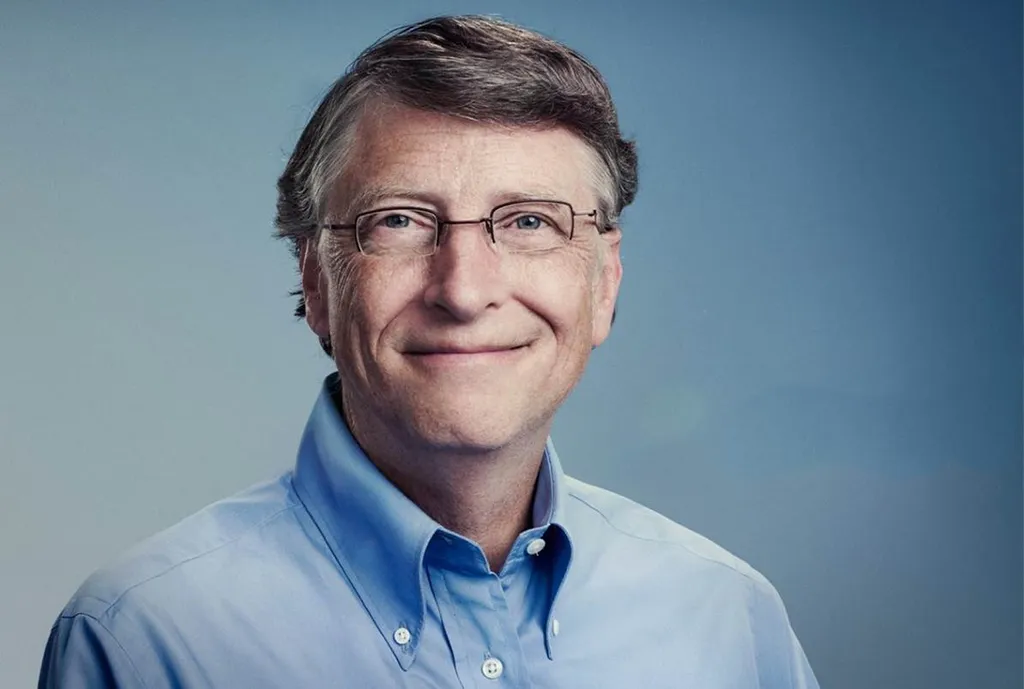Former Microsoft CEO and Founder, Bill Gates has been vocal in the past in his support of virtual reality, but it appears he is now putting his money where his mouth is.
Speaking at the ASU GSV Summit in San Diego, CA Bill Gates revealed that he has been working on virtual reality content on his own recently – presumably in relation with his charitable foundation, The Bill and Melinda Gates Foundation.
“I’m just starting [using VR] for some of the videos I do where I go out to a refugee camp or I go to a developing country,” he said “so people will have more of a sense that they can see what it was like and look around and feel it.” The results of these “early stage things” he says has been “a lot of engagement,” which encourages him for its uses in other places, like education.
“School is about motivation,” Gates told the crowd, “and if we can use [VR] to draw people in then that’s incredibly valuable.”
Skip to minute 36 to hear Bill Gates discuss VR and education.
Looking at the educational landscape, Gates sees VR playing a big role in teaching design and engineering. “Virtual reality can make things more engaging,” he said, “there are lots of places where [VR] will play a practical role and hopefully draw people in.”
Despite his optimism, Gates doesn’t think that all subjects will translate well to virtual reality. The “pedagogy” of subjects like math and science “won’t change much just because we put it in a virtual reality framework.” If you make things “too animated” or “too colorful” he says it can detract from “what you’re really trying to get done which is the attention to a few basic concepts.”
Gates believes that “lower end” solutions like Google Cardboard will be important for adoption because “we won’t have to wait a whole decade before the accessibility is there,” but he stressed a need for shared higher end equipment in schools saying we should have “that in a lot of locations as well.”
In 1996 we saw former President Bill Clinton sign a bill that opened up over $2 billion in grant money to help bring computers and other technology into schools. That program challenged every school to connect each one of its students with technology, in a mission to “make every young person technologically literate.” We are still understanding the far reaching effects of this program but it is safe to say that it positively impacted an entire generation, and likely has played a huge role in the boom of technological innovation over the last two decades. A similar program with virtual reality technology could help spark a whole new generation of innovation with technology.
Gate’s foundation has yet to announce any efforts to that effect, but it is worth noting that its education strategy centers around supporting innovation that improves the quality and effectiveness of educational efforts, so it will be interesting to see if his continued interest in the medium will translate into a financial investment in the future of VR education.
[H/T EdSurge for the video]






























